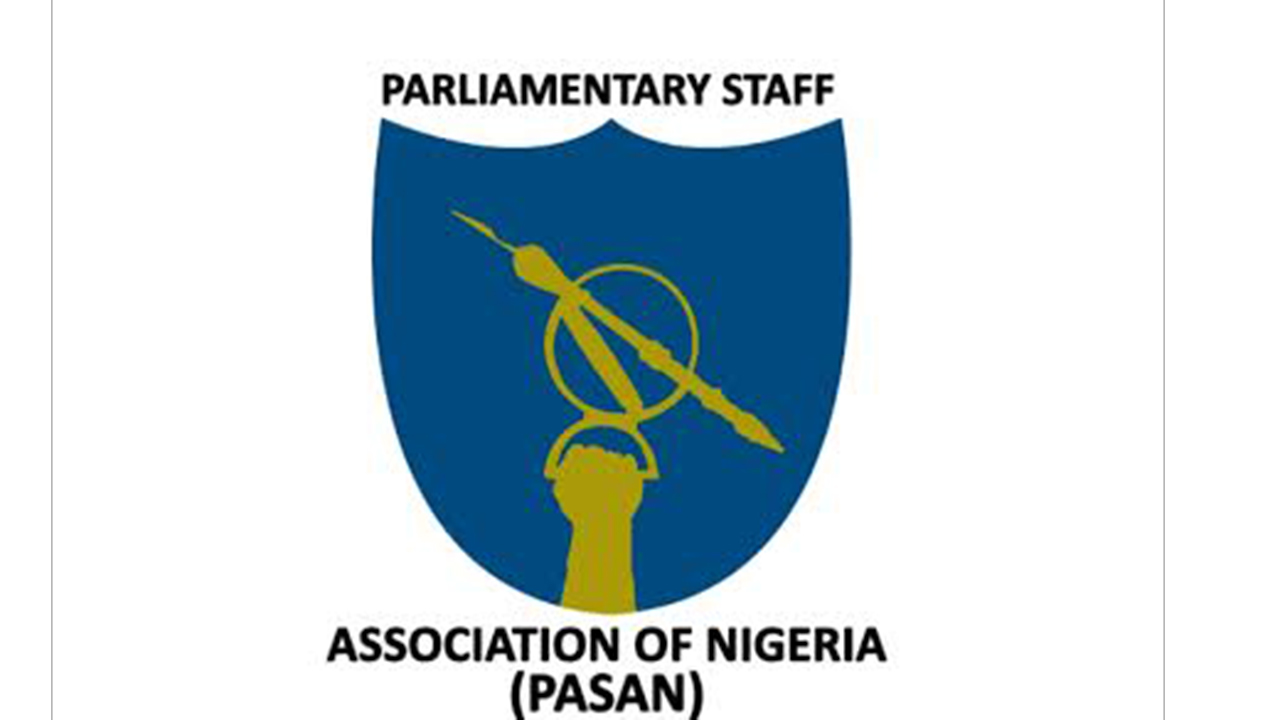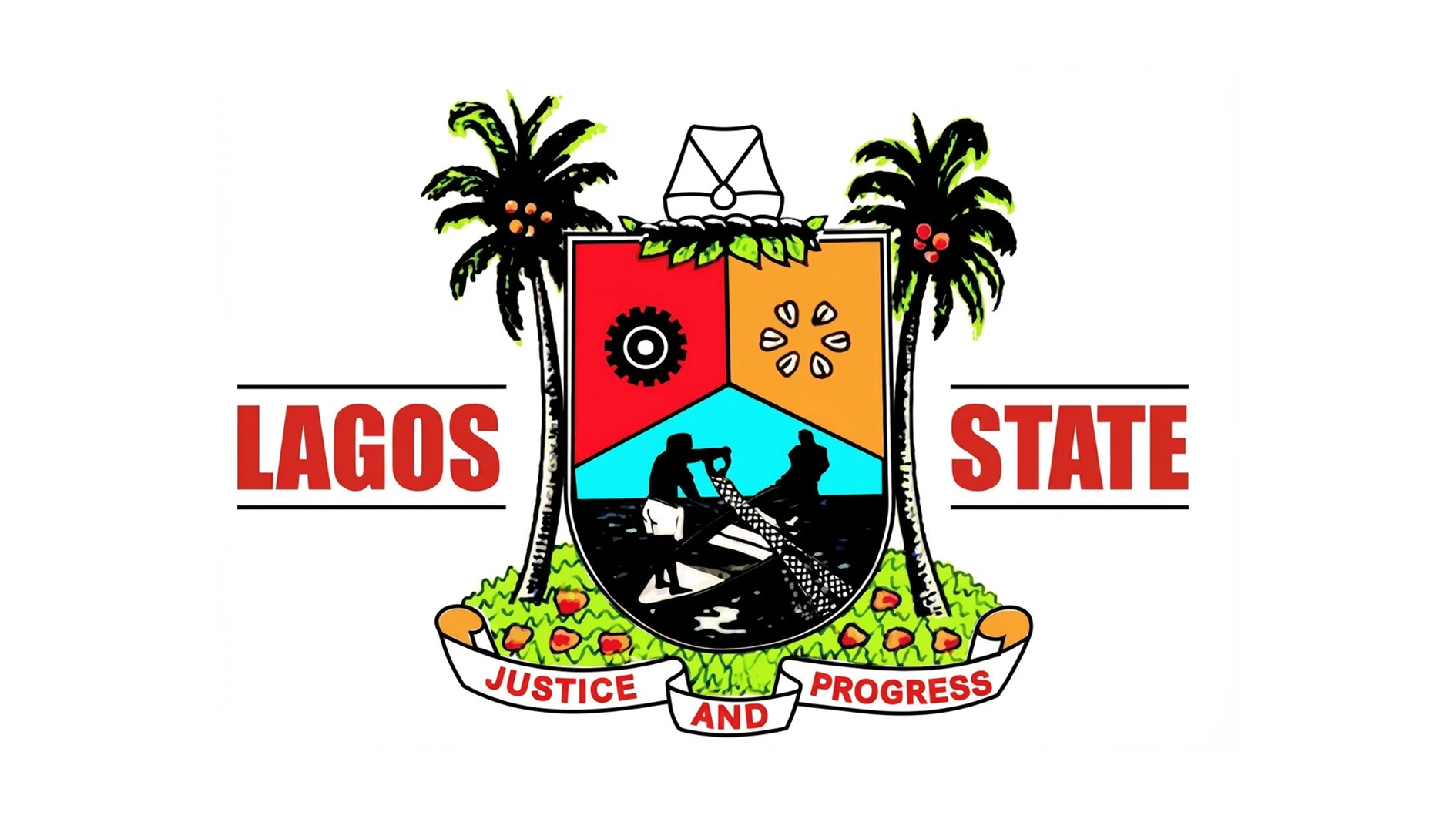Renowned medical practitioner and founder of Ibadan Central Hospital, Dr. Abib Olamitoye, has urged healthcare providers across Nigeria to prioritise the immediate treatment of gunshot and robbery victims rather than insisting on police reports before offering care.
Speaking on BCOS live programme Guest of the Month, Dr. Olamitoye lamented that many preventable deaths occur because hospitals delay treatment in compliance with outdated or misinterpreted protocols that demand police clearance first.
“We need to start attending to the victims first, then demand a police report. If a victim or their relative cannot provide a report during treatment, the hospital should notify the police directly. The patient must be kept alive first — then we can talk about reports, fees, or documentation,” he said.
He stressed that the primary duty of medical practitioners is to save lives, adding that no critically injured patient should die due to administrative bottlenecks.
He further advised hospitals to build working relationships with nearby police divisions, including maintaining emergency contacts for swift communication.
On medical tourism, particularly among Nigeria’s political elite, Dr. Olamitoye decried the neglect of local health infrastructure despite the competence of Nigerian-trained doctors.
He said many practitioners have successfully handled complex cases under difficult conditions and would outperform their foreign counterparts if provided with the right facilities.
He recalled his days at the University College Hospital (UCH), Ibadan, when steady power and water supply were the norm, contrasting it with today’s infrastructural decay and poor working environment that have fueled the exodus of medical professionals abroad.
Olamitoye also highlighted the growing brain drain in the sector, blaming poor welfare packages, inadequate facilities, and lack of government support for both practising doctors and medical students.
“Medical training is expensive and demanding. Doctors spend years in school and still face poor remuneration and harsh conditions. Yet, these same doctors thrive abroad when given the tools and respect they deserve,” he said.
He called on the government to urgently invest in revitalising the health sector, improve welfare for health workers, and create an enabling environment to curb medical migration.
“The issue is not competence but infrastructure. It is time to end medical tourism and invest in our own system,” he added.






